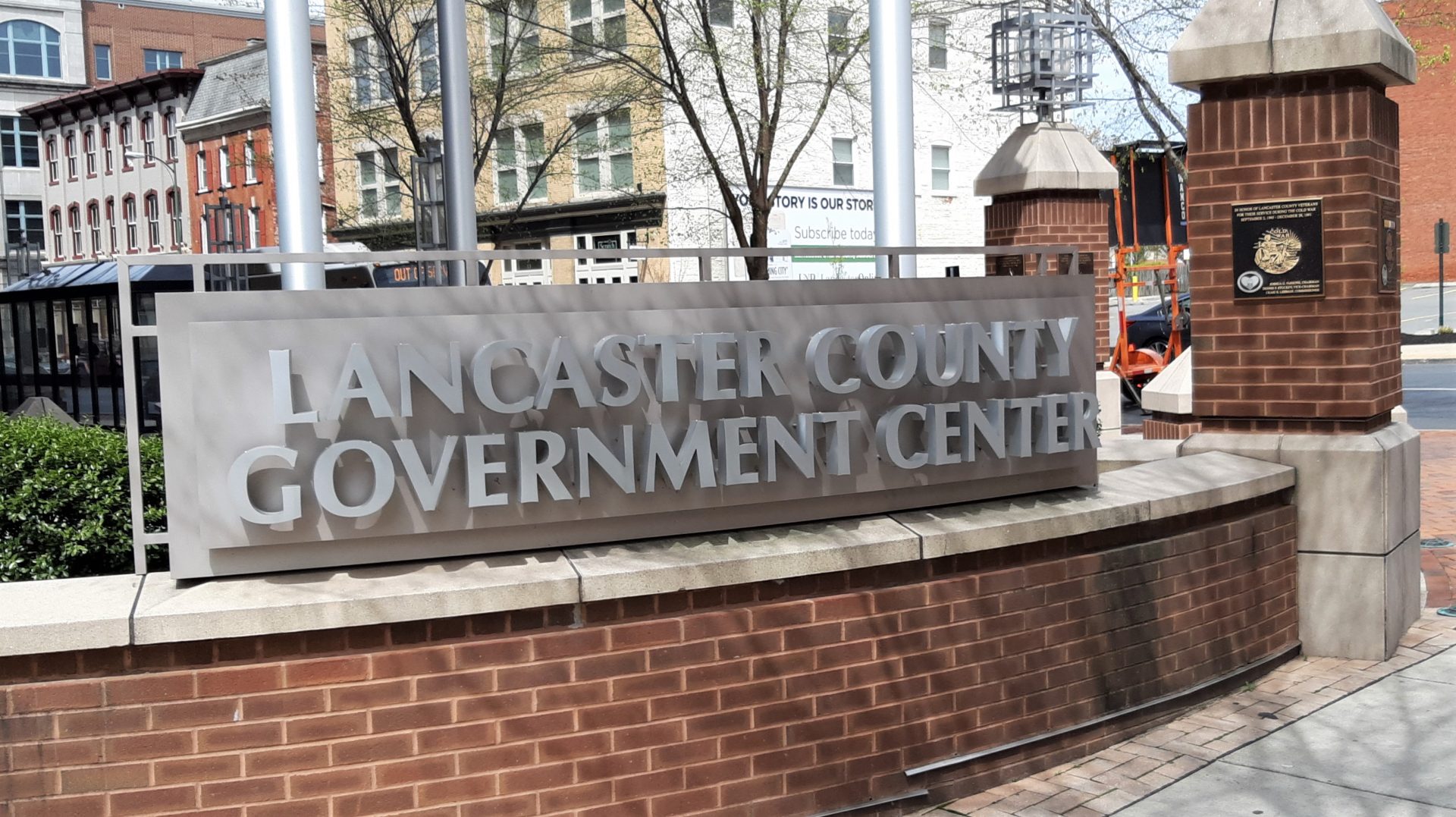The Lancaster County commissioners agreed Tuesday to solicit advice from Joining Forces as they plan additional disbursements of the county’s opioid settlement funds.
Joining Forces is a coalition of organizations battling the opioid epidemic. Anchored by Penn Medicine Lancaster General Health and led by a steering committee of key stakeholders, its membership encompasses county agencies and dozens of nonprofits.
Since the second half of 2022, the county has been receiving installments from Pennsylvania’s share of settlements reached nationally with opioid producers and distributors. The money, currently expected to total around $16 million over 18 years, is to be spent on addiction prevention and treatment.
To date, the county has received three installments totaling $2.67 million. Each installment has a deadline by which it must all be allocated. For the first installment, the deadline is Friday; accordingly, on Wednesday the commissioners are voting on a resolution allocating the $375,093 that remains from it as follows:
- Student Assistance Program: $209,400
- Neonatal Abstinence Support Coordinator: $23,012
- Medication Assisted Treatment at the County Prison: $67,119
- Pathways to Recovery diversion program: $75,562
All four programs are part of the county’s initial spending framework, which a county task force developed in 2022 with input from the Joining Forces steering committee. (Update: On Wednesday morning, the commissioners unanimously approved the allocations.)
The deadline for the second installment, $972,935, is June 15. The third payment, $1.05 million, must be allocated by June 15, 2025.
It would take about $670,000 of the second installment to continue existing allocations at their current levels. However, that leaves roughly $300,000 to put toward new initiatives or further expansion of the existing ones, Chief Clerk Larry George told the commissioners at their Tuesday work session.
Commissioner Alice Yoder warmly endorsed seeking further guidance from Joining Forces’ steering committee. She served as the coalition’s co-chair in her former role as LG Health’s director of community health; Commissioner Josh Parsons is the other co-chair.

Joining Forces is a broadly representative group, she said, whose members reflect the full continuum of the battle against addiction, from prevention through treatment and recovery. Its affiliates include Joining Forces for Children, focusing on the under-18 population; and the county’s Overdose Fatality Review team, which issued its first report last month.
Commissioners Parsons and Ray D’Agostino agreed that it makes sense to hear both from nonprofit community providers and county agencies.
They cautioned, however, that the June 15 deadline for allocating payment No. 2 isn’t far off. That likely means there isn’t enough time in this cycle for one idea that has been suggested: Setting up a grant program to support third-party nonprofits engaged in opioid-related work.
The county would need to draft a request for proposals, or RFP; solicit applications, then review them and make award decisions. By way of comparison, the county’s Round 2 of American Rescue Plan Act grants had an application window of 30 days, and Deputy Chief Clerk Amy Campbell said it took her team about six months to review the 75 submissions.
Instead, the county could look at funding existing programs with the second installment, then expand its approach further thereafter, Commissioner D’Agostino suggested. Ultimately, the commissioners left the question of community grants undecided for the time being.
Gail Groves Scott, a researcher and advocate and founder of the Health Policy Network, has been urging the commissioners to roll out opioid funding promptly and prioritize frontline harm-mitigation initiatives.
In a statement Tuesday, she praised the commissioners for allocting the remainder of the first settlement installment, to “evidence-based interventions to address the current drug overdose crisis,” and for their intention to seek community and expert input on future allocations.
“I concur with today’s decision to ask the Joining Forces Steering Committee to serve as an advisory group,” she said. She called for the committee “to hold one or more public meetings” before June 1 and solicit proposals for using the second funding installment; and to develop an RFP procedure for future spending.
Scott reiterated her call to fund anti-stigma and harm reduction initiatives, in line with recommendations in the county’s Overdose Fatality Review report. She urged the steering committee to ensure it represents all stakeholders, including those with “lived experience,” and to implement conflict-of-interest and disclosure policies before making recommendations.
Attempts to secure comment from Joining Forces were not immediately successful Tuesday.






